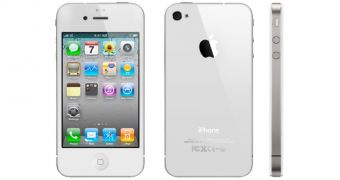Changing component suppliers might not sound like a big deal to consumers' ears, and it is true that it usually isn't, but this particular occasion is more important than it seems, in light of the events that took place over the past year.
Few are the tech news followers that do not know of the patent war that ruined the candid relationship between Apple and Samsung.
There is something even more strange about the situation than the lawsuit cascade itself though: Samsung is the supplier of the processors used in Apple's devices, including the A6 found in the iPhone 5.
It all sounds like a television drama series, only in high-tech and judicial terms. On one side, Apple and Samsung are trying to get each other's products banned from selling. On the other side, the former company is one of the latter's greatest processor customers.
This won't be the case for much longer, according to a rumor started by the Chinese Economic News Service (CENS).
To get right to the heart of the matter, Apple will enlist Taiwan Semiconductor Manufacturing Company (TSMC) to produce its chips, from the 29nm process node onwards.
Considering that TSMC already manufactures processors for NVIDIA, Marvell, Qualcomm and VIA, there shouldn't be much of an issue with the change, unless insufficient chip yields rear their ugly heads again.
A side-benefit lies in the likelihood that the CPU will be 10% cheaper than the current one. Unfortunately, this isn't bound to cause lower product prices.
Speaking of which, TSMC-made processors won't be used in just iPhones, but iTV (Apple HDTV) and some MacBook laptops.
At any rate, the manufacturer change won't be sudden. Production of 20nm quad-core units will only begin in the fourth quarter of next year (2013), so Apple will have to keep working with Samsung until then.

 14 DAY TRIAL //
14 DAY TRIAL //